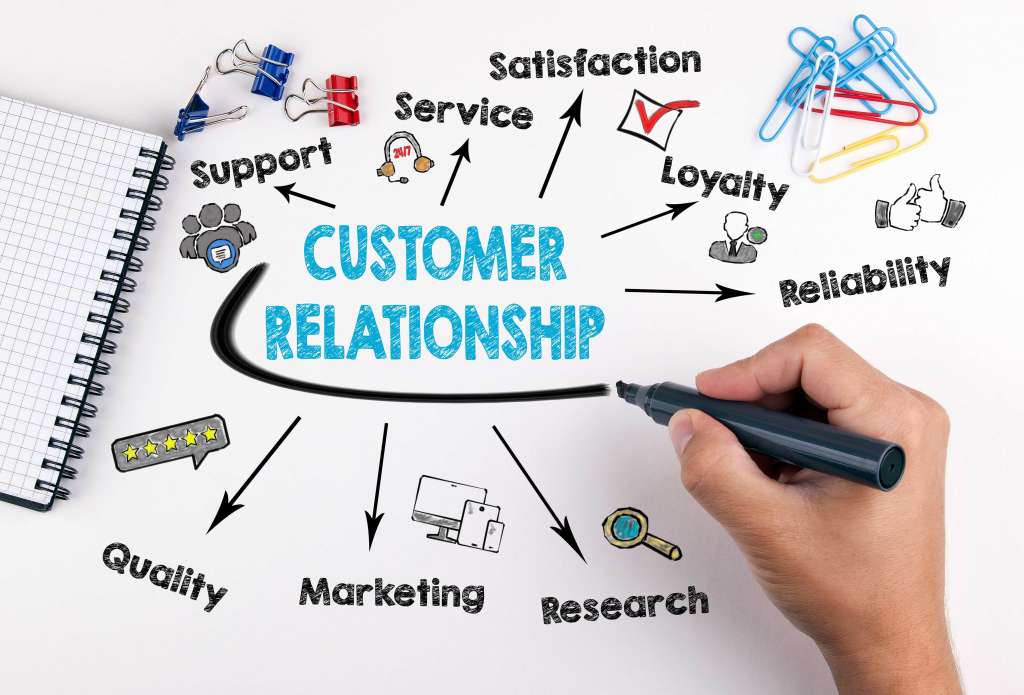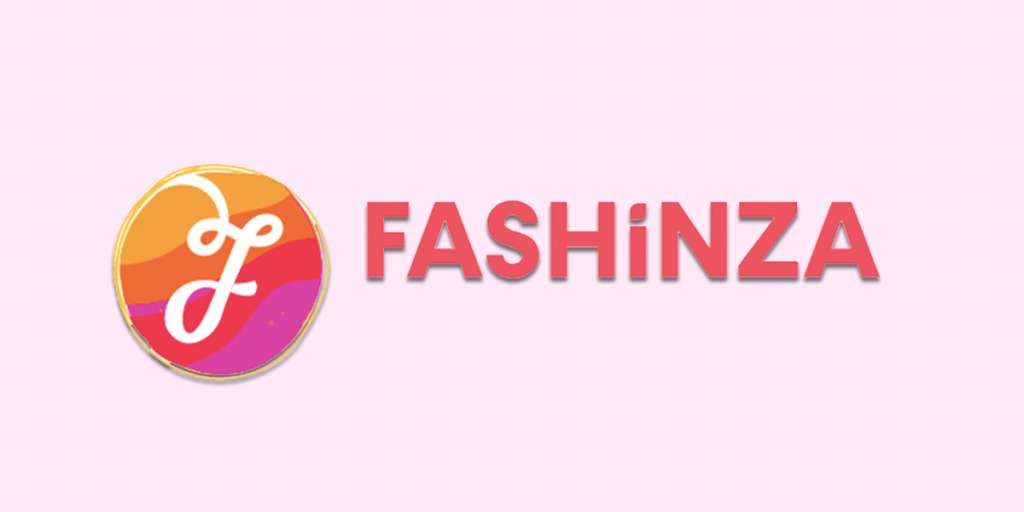Reduce Factory Overhead Expenses By Using Technology Solutions



In an era where technology is advancing at an unprecedented rate, improving the business with new technologies is the new normal for fabric and fashion manufacturing companies. After the pandemic phase, this evolution has gained pace. Factories are ensuring social distancing and other preventive measures using technology. Due to the long pandemic phase, apparel companies seek methods to reduce overhead expenses and factory running costs to balance the immense pandemic loss.
Social distancing, avoiding direct contact, and wearing masks have now become normal working styles in the production, manufacturing, and inventory departments and floors. To find its feet again and come out of the loss recorded during the Covid-19 phase, the fashion industry is focusing on constant export orders, more collection launches, and mass manufacturing.
Businesses are also finding ways to reduce company costs by implementing technology solutions to reduce direct and indirect overhead expenses. There are multiple aspects, such as manpower reduction and utility management, that need consideration in the apparel industry to cut down the overhead expenses without impacting production.
Further in this article, we will discuss the measures to reduce the overhead expenses of apparel factories using technology solutions.
Technologies that can be used in different departments to reduce the expense
Due to technological advancements that have streamlined and highly integrated business processes, the apparel industry has completely changed. Businesses can now operate more efficiently and effectively than ever before with fewer employees, thanks to technological improvements. Technology solutions can also help factory owners reduce overhead expenses in the following ways.
Reduce the need for a workforce
A reduced workforce is only possible when a garment industry has a potent technology. Hence, the company must include the sampling rooms for digital sample designing, CAD system, and 3D sampling and submission.
In addition, automated machines for fabric cutting, spreading, and pattern making surely can reduce the overhead expense of hiring the workforce and manpower in the factory. The advanced ERP solution can be used for managing inventory, raw materials, payroll, and attendance.
Automated data capturing for production and finishing is the best way to use digitization in the apparel industry. The advanced quality management systems and cloud-based quality control applications will help manage the company's quality standards with a reduced workforce.
Improvise worker skills and reduce the training phase

Technology is one of the potential solutions that help the fashion industry in many ways. With the reduced workforce after the pandemic phase, it has become important to increase employee skills and productivity with the short training period. Many affordable and advanced applications and systems help monitor the operators' performance and provide real-time feedback on their performance, skill, productivity, and improvement scope. Overall, these systems can efficiently reduce the overhead cost for every produced garment.
Modern technology solutions, such as augmented reality (AR), can be implemented to train sewing operators and machine technicians. Furthermore, such technologies can help repair any severe breakdown or failure in special machines.
Lower energy cost
With the enhancement in the technology solutions, what not can be achieved? The newer technologies can help people save energy costs in more than one way.
Green technology is very much in demand for good reasons. It saves the environment and the company's expenses. For example, implementing green HVAC technology would be a great idea if a factory needs to quickly reap the financial benefits. Making the move to green HVAC technology can benefit the environment and cut energy consumption and operational costs.
Another great technology is motion sensor switches. These switches detect motions and light up the area only when someone enters the room; otherwise, it cuts down automatically.
Cloud computing
Hiring IT personnel could be expensive, so one can prefer cloud computing through Google Drive, Amazon Cloud Drive, Box, Apple iCloud, and Dropbox. Instead of using a local server or a personal computer, cloud computing uses an Internet-based network of remote servers to store, manage, and process data. Thus, cloud computing can help organisations in lowering or eliminating upfront infrastructure expenditures.
Outsourcing
In the era of modern business, people are relying on outsourcing strategies. If an apparel industry can't afford or manage to have the new technical system to reduce production costs, they can easily outsource the production. This will let the owners save a lot of expenses.
Customer Relationship Management (CRM) software

CRM software connects with an organization's sales, marketing, customer communications, and inventory management. Retailers can use CRM software to create a plan of action for sales, marketing, and customer support that will enhance business standards, boost brand loyalty, and uncover unusual selling opportunities.
Monitors productivity
The new technology solution monitors the production process, making it easier to understand where things are lagging. With the help of such technologies, one can work on the issues and make things much better.
Automate
Automation can bring a huge difference in saving the factory's expenses. One should prefer automation wherever possible because this assures great quality work at a lower cost. For example, Xero or FreshBooks can reduce the factory's headcount. These tools are used to handle taxation, accounting, payroll, and invoicing.
Overhead expenses in an apparel factory
Many expenses fall under the category of overhead expenses and can be controlled with advanced technology integration and support. Below is the description of some of such expenses that need a controllable approach with technology assistance:
- Salary of the staff and associated payroll costs: Hiring a massive workforce can increase expenses to a great extent. Hence, automated machines and technology for monitoring and managing routine tasks can reduce the staff's payroll costs.
- Electricity bills: Heavy-duty machinery is a major aspect of increasing electricity bills. Using advanced software and technology can reduce the usage of electricity-based machinery and can, thus, reduce the overhead cost of electricity bills.
- Utilities (phone bill, internet bills): Limited usage and workforce will automatically cut down this cost.
- Transport expenses: Outsourcing the transport facility will reduce the cost of transport maintenance, petrol, and diesel.
- Expenses on consumables (diesel and chemicals for the finishing department): Ordering the needed chemicals after calculating the order capacity can help maintain the balance of usage and need. Also, it eliminates storage and waste expenses.
- Administration cost (salary and travel cost for the managers, CEOs, and VPs): Fixed salary and perks for every post help in expense management to a great extent.
- Stationary & printing (indirect material cost): Ordering according to the orders instead of ordering the bulk stock will save capital and storage expenses.
Conclusion
These are some of the listed details about the fashion industry's overhead expenses and technology's role in reducing these expenses. Technology is a boon for the fashion industry, which does complex tasks in simpler, quicker and better ways.
One can cut down the overhead of factory expenses by using technology with multiple alternatives such as automation, monitoring production, outsourcing, cloud computing, lowering energy costs, and reducing human error in manufacturing.
Many overhead expenses need serious consideration to manage the factory's productivity and revenue, especially after the pandemic.
Fashinza is a tech-enabled platform that provides advanced technology solutions to implement in routine operations and reduce overhead expenses to a great extent. Get detailed information and assistance to build a flexible and fast supply chain using AI to match the best-vetted suppliers.




















